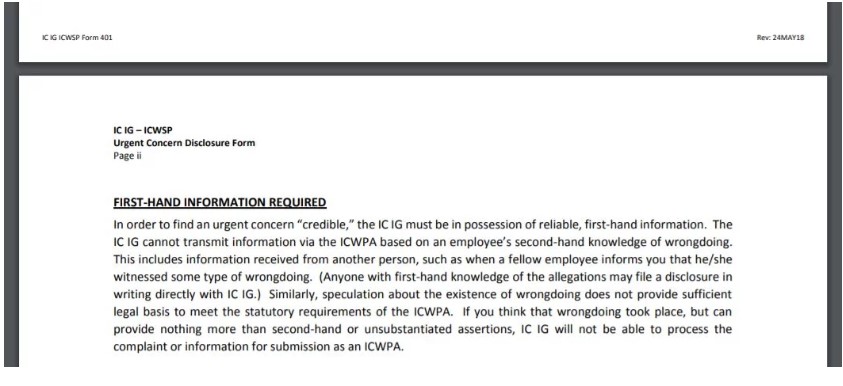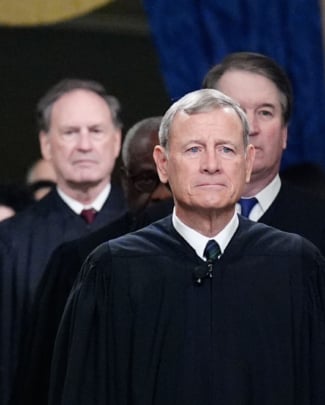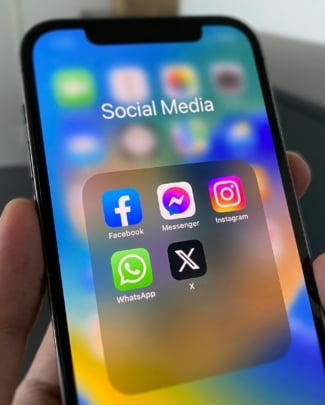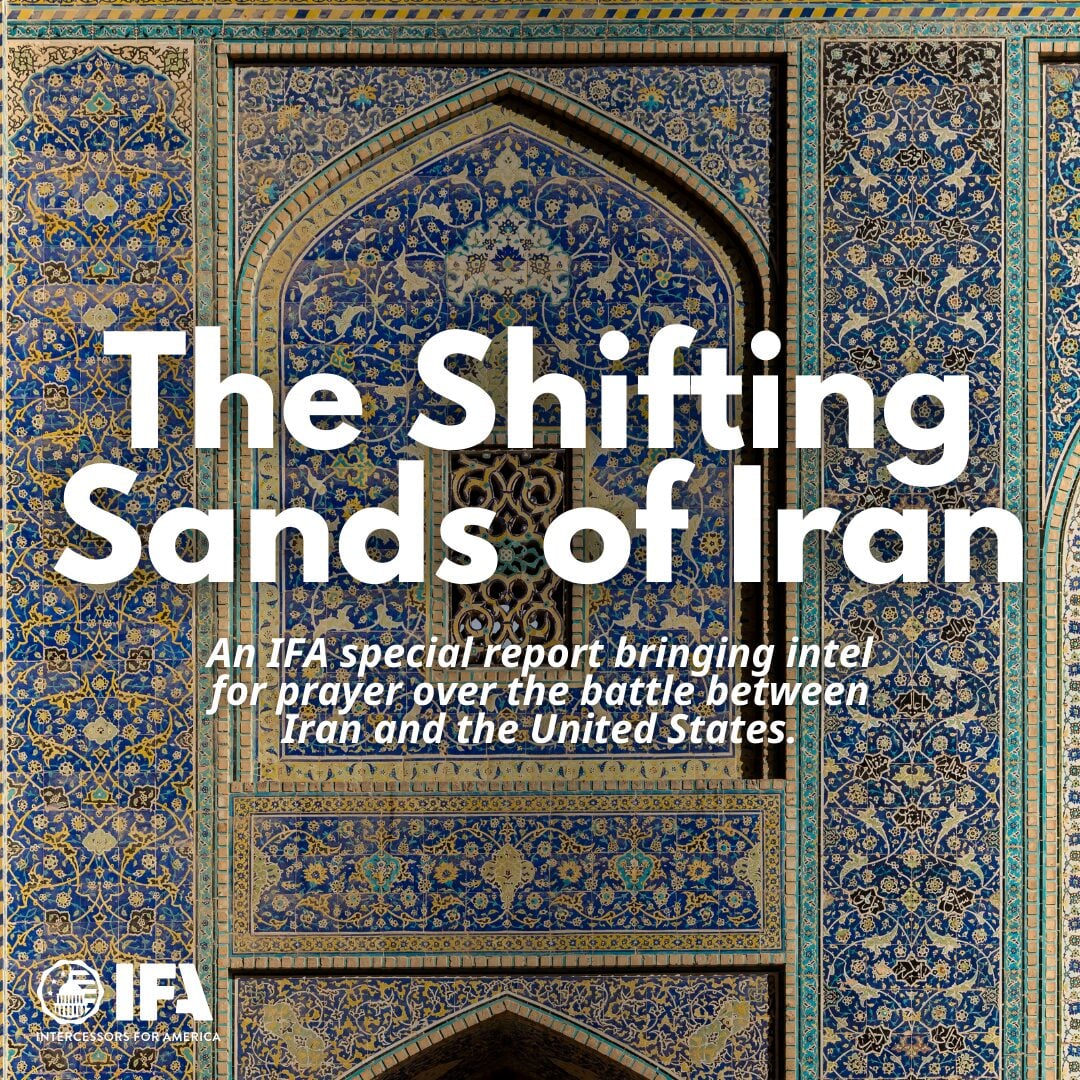THE FORM CHANGE MADE TO FRAME A PRESIDENT?
BETHEL WORSHIP ARTIST ANNOUNCES CAMPAIGN FOR CONGRESS
NETANYAHU LIKELY TO RETURN MANDATE TO RIVLIN
CLINTON EMAIL SERVER INVESTIGATION REVIVED BY STATE DEPARTMENT
WORSHIP VIDEO: IN CHRIST ALONE (ACOUSTIC)
THE FORM CHANGE MADE TO FRAME A PRESIDENT?
From The Federalist: After President Donald Trump released the transcript of his July 25, 2019, telephone conversation with Ukraine President Volodymyr Zelensky, the left’s “whistleblower” plot began to crumble. No, Trump didn’t condition foreign subsidies on Ukraine investigating Hunter Biden, son of the former vice president and presidential candidate Joe Biden. And no, Trump didn’t raise the question some eight times.
Then came the declassification of the “whistleblower’s” actual complaint against the president, which made clear the still-unnamed intelligence officer was peddling nothing but gossip and hearsay, seasoned with several factual falsehoods. This further exposed the Ukraine Purse Strings Hoax as the Resistance’s sequel to the failed Russia collusion hoax.
WILL YOU JOIN US IN PRAYING ABOUT THE DEEP STATE?
CLICK BELOW TO GET OUR SPECIAL REPORT WITH POINTS TO PRAY.
To fully grasp the depths of the deception and duplicity, however, requires a familiarity with the governing whistleblower laws. Once those laws are understood, the latest attempt by the Deep State to take down our duly elected president become even more obvious. It also becomes clear that the “whistleblower” was not acting alone, and members of the intelligence community inspector general’s office were likely providing an assist in the attempt to bury Trump. So here’s your lawsplainer.
According to Law, This Is Not an ‘Urgent Concern’
On October 20, 1998, President Bill Clinton signed into law the “Intelligence Community Whistleblower Protection Act of 1998,” or ICWPA. This statute provides a mechanism for individuals in the intelligence community to share classified information with congressional intelligence committees. But—and significantly, as we shall see—the statute, by its terms, only applies to “a complaint or information with respect to an urgent concern.”
The ICWPA defines an “urgent concern” as involving one of three circumstances. In this case, the Ukraine “whistleblower” premised his complaint on only the first statutory definition, which provides that “an urgent concern” includes: “A serious or flagrant problem, abuse, violation of law or Executive order or deficiency relating to the funding, administration, or operation of an intelligence activity within the responsibility and authority of the Director of National Intelligence involving classified information but does not include differences of opinions concerning public policy matters.”
The key here is the italicized language: Something is an “urgent concern” only if the misconduct is “relating to the funding, administration, or operation of intelligence activity within the responsibility and authority of the Director of National Intelligence.”
The whistleblower’s complaint did not accuse the president of misconduct related “to the funding, administration, or operation of an intelligence activity.” Rather, he charged Trump with “using the power of his office to solicit interference from a foreign country in the 2020 U.S. election” (an allegation the transcript negates, in any event).
The director of national intelligence also does not have “the responsibility and authority” over Trump, further establishing that the ICWPA is inapplicable to the situation at hand—which is exactly what the Office of Legal Counsel concluded in a memorandum opinion provided to the DNI general counsel: “The complaint does not arise in connection with the operation of any U.S. government intelligence activity, and the alleged misconduct does not involve any member of the intelligence community,” Assistant Attorney General Steven Engel of the Office of General Counsel noted in concluding that the complaint did not trigger the ICWPA reporting requirements.
Selectively Quoting the Law to Change Its Meaning
The whistleblower knew the ICWPA didn’t apply—and he didn’t care. The tell came early, on page one of the nine-page, single-spaced dossier. Here the whistleblower spot-quoted the relevant statutory language, as seen below:

Notice what’s missing: that the misconduct is “relating to the funding, administration, or operation of an intelligence activity within the responsibility and authority of the Director of the National Intelligence.”
The “whistleblower” omitted the key language because the quid pro quo scenario he was selling did not trigger the ICWPA: There was no “urgent concern” as defined by Congress. And with no “urgent concern,” there is no basis to file a complaint with the intelligence community inspector general (ICIG), and no triggering of the other provisions of the ICWPA.
Those other provisions address two important, but distinct, issues. First, they discuss the obligations of the ICIG and the director of national intelligence. When the ICIG receives a complaint under the ICWPA, he has 14 calendar days to “determine whether the complaint or information appears credible” and then must “transmit to the Director a notice of that determination, together with the complaint or information.”
The director of national intelligence then has seven days to forward the complaint to the congressional intelligence committees. The corollary to these mandates is the (limited) right under the statute for the whistleblower to contact the congressional intelligence committees directly, if the DNI does not forward his complaint.
But without an “urgent concern,” none of these provisions apply. Without an “urgent concern,” the ICIG would reject the complaint. And without an “urgent concern,” the IC operative could not legally provide the classified information to the congressional intelligence committees under the guise of a whistleblowing scandal—which of course was the sole reason for the complaint.
This Is Probably Why the Complaint Form Was Changed
This backdrop also explodes the significance of the recent change in the ICIG “Urgent Concern Disclosure Form” that The Federalist’s Sean Davis exposed on Friday.
The prior form stated that “in order to find an urgent concern ‘credible,’ the IC IG must be in possession of reliable, first-hand information. The IC IG cannot transmit information via the ICWPA based on an employee’s second-hand knowledge of wrongdoing.” Then, significantly, the form noted: “If you think that wrongdoing took place, but can provide nothing more than second-hand or unsubstantiated assertions, IC IG will not be able to process the complaint or information for submission as an ICWPA.”

This excerpt indicates that the ICIG previously rejected complaints filed based on “second-hand or unsubstantiated assertions”: The ICIG did not merely find a complaint based on second-hand information “not credible,” the ICIG did not “process the complaint . . . as an ICWPA.”
At some point, however, the ICIG revised the “Disclosure of Urgent Concern” form, removing this caveat and accepting complaints based on second-hand information.

As Davis noted, the revised form “was uploaded on September 24, 2019, at 4:25 p.m., just days before the anti-Trump complaint was declassified and released to the public. The markings on the document state that it was revised in August 2019, but no specific date of revision is disclosed,” and the whistleblower’s complaint was dated August 12, 2019.
It is unclear whether the whistleblower submitted a form with his nine-page dossier, and if so what form, as none was declassified. One suggestion that a form was submitted is the OIG’s summary of the complaint: “According to the ICIG, statements made by the President during the call could be viewed as soliciting a foreign campaign contribution in violation of the campaign-finance laws.”
Yet nothing in the whistleblower’s complaint mentioned potential foreign campaign contributions. Was that the ICIG’s gloss of the complaint, or was that the summary the whistleblower used on the form?
Frankly, it does not matter which, if any, form the whistleblower used: What matters is whether the ICIG changed its position on accepting complaints under the ICWPA. If, prior to this charge against Trump, the ICIG refused to accept complaints based on second-hand information, but altered its procedure to trigger the ICWPA for the president, that is a huge scandal and implicates many besides the so-called whistleblower.
While the whistleblower’s plot to manipulate the ICWPA is obvious from the complaint, and so is his inaccurate partial quote of the statutory definition of “urgent concern,” the change in the form suggests complicity in the ICIG’s office. The director of national intelligence, who oversees the ICIG, should immediately investigate the investigator and determine whether there was a change in policy, when it occurred, why it occurred, and who initiated the change.
[MORE INFORMATION ABOUT THE INSPECTOR GENERAL FOR THE INTELLIGENCE COMMUNITY WHO IS AT THE CENTER OF THE FORM CHANGE…]
From Government Executive: A year after his swearing in as the central inspector general for the 17-agency intelligence community, Michael Atkinson laid out details of how the IC’s new Center for Protected Disclosures is functioning.
In the latest semiannual report covering the IG’s work from October 2018 to March 2019, his newly assembled team described the center—which was announced in the semi-annual report released last fall—as focusing on three functions:
- Receiving and processing whistleblower complaints through an intelligence community-wide confidential hotline program accessible by phone or in-person;
- Providing community outreach and guidance to employees who believe they suffered reprisal because they made a protected disclosure (acting through a Source Support Program Manager who provides guidance to whistleblowers, as well as an Intelligence Community Whistleblower Working Group); and,
- Administering requests by employees and IC contractors for the IG to review allegations of reprisal under Presidential Policy Directive 19, Protecting Whistleblowers with Access to Classified Information (PPD-19), which details special requirements on intel community workers for balancing the duty to report fraud, waste or abuse while protecting government secrets.
[Former ICIG] Dan Meyer, now a national security law partner with Tully Rinckey PLLC, read the new report and told Government Executive that intelligence IG “direct outreach to employees of the 17 intel agencies seems to be in decline. And it is not clear whether the [intelligence IG] is still able to use training to centralize the formation and application of investigative standards,” he said, speaking on his own behalf. “Also, six years into the program, and we still do not see much evidence of substantiated reprisal. And where are the common standards for reviewing security clearance reprisal under Part B of PPD-19?”
Rob Johnson, a former deputy IG at the intelligence community, noted that the report contains “no discussion of resources and no description of the outreach in any detail, so it’s hard to compare with what the old program was.”
Irvin McCullough, a national security analyst at the nonprofit Government Accountability Project whose father is the former intelligence community IG, also commented on the lack of detail and the outsourcing to CIGIE.
Civil society groups are “still concerned with this watchdog’s decision to not review certain allegations against other watchdogs within the intelligence community,” he said via email. “Whistleblowers who make protected disclosures against IGs should be treated like all other whistleblowers within the intelligence community, meaning they deserve an external review panel if local IGs refuse to review their cases. We’re grateful that the IC IG is addressing this issue through the IC IG Forum, but this semiannual report does not lay out a plan to investigate and adjudicate wrongdoing within IG offices that are clearly subject to IC IG oversight.”
Partner with Us
Intercessors for America is the trusted resource for millions of people across the United States committed to praying for our nation. If you have benefited from IFA's resources and community, please consider joining us as a monthly support partner. As a 501(c)3 organization, it's through your support that all this possible.


We use cookies to ensure that we give you the best experience on our website. If you continue to use this site we will assume that you are happy with it. Privacy Policy




Comments
No comments have been posted yet; you can be the first!